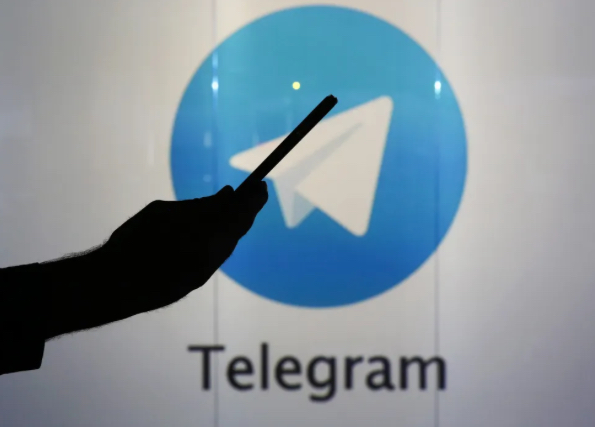Telegram, the popular messenger with 800 million monthly active users worldwide, is inching closer to adopting an ecosystem strategy that is reminiscent of WeChat’s super app approach. Certain aspects of the ecosystem will be decentralized with help from two heavyweights:
Telegram has been working on a platform where third-party developers, from games to restaurants, can build mini apps to interact with users. In Telegram’s own words: “Developers can use JavaScript to create infinitely flexible interfaces that can be launched right inside Telegram — and can completely replace any website.”
To build out this super app platform, Telegram relies on a network of infrastructure partners both from the established tech world and the crypto space. Among them is The Open Network (TON) Foundation, which lays the blockchain groundwork for Telegram but operates as an independent organization.
This week, TON Foundation announced that it’s forged a partnership with Tencent Cloud, which has “already successfully supported TON validators and plans to expand its services further to help meet TON’s high compute intensity and network bandwidth needs.” Validators, in web3 lingo, are participants that help authenticate transactions in a blockchain network.
“For example, Telegram games built on TON can benefit from Tencent Cloud’s enriched gaming solution and reference cases,” the announcement says. “For all projects built on TON, Tencent Cloud will offer, subject to approval, a dedicated amount of cloud credits and product discounts, made available through the Tencent Cloud Startup Program.”
Amid slowing growth in China’s tech industry, Tencent has been stepping up its overseas expansion efforts. In recent months, its cloud computing business has been popping up at tech conventions, including crypto conferences. Tencent could potentially reap great rewards from the partnership if Telegram’s mini-app marketplace takes off like its Chinese counterpart.
WeChat has pioneered the mini app model in China and now powers millions of them serving functions from payments, food delivery, e-commerce, ride-hailing, to driver’s license renewal, just to name a few. With a decentralized payments network, Telegram’s mini app ecosystem has the potential to reach an even broader spectrum of users around the world.

